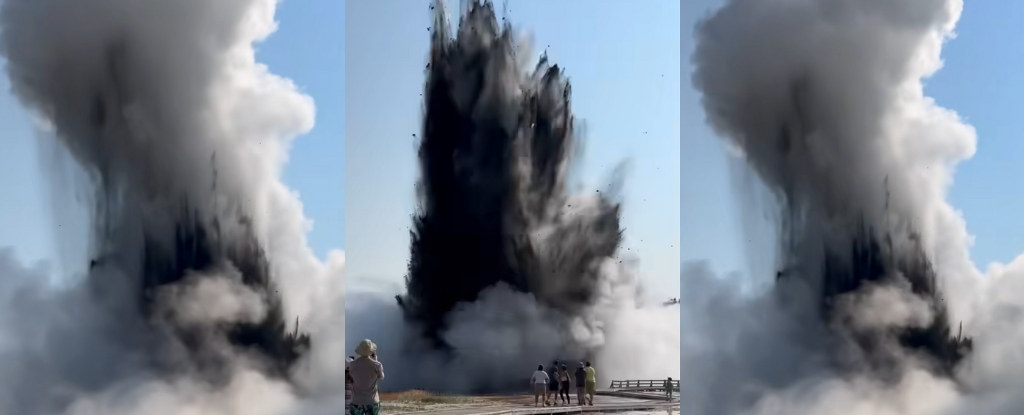Nearly one in three people in state or religious care between 1950 and 2019 experienced abuse, inquiry finds.
New Zealand’s state and faith-based institutions presided over the abuse of some 200,000 children, young people and vulnerable adults over the span of seven decades, an independent inquiry has found.
New Zealand’s Royal Commission of Inquiry into Abuse in Care said on Wednesday that nearly one in three people in state or religious care between 1950 and 2019 experienced abuse in what amounted to a “national disgrace”.
“If this injustice is not addressed, it will remain as a stain on our national character forever,” the royal commission said in a final report released after six years of inquiries.
Sexual abuse was “commonplace”, with abusers grooming those in their care and, in some cases, trafficking survivors to members of the public, the report said.
Physical abuse was also “prevalent across all settings”, the report said, with some staff going to “extremes to inflict as much pain as possible using weapons and electric shocks”.
Abuse and neglect “almost always” started from the first day a person was placed in care and often continued for the entirety of their stay, according to the report.
Maori and Pacific Islander people were targeted because of their ethnicity, including being prevented from engaging with their cultural heritage and practices, the report said.
“New Zealanders held the leaders of these institutions in the highest esteem. These leaders had a duty to nurture, protect and help people flourish. They failed in their duty,” the report said.
The royal commission, which spoke to more than 2,300 survivors of abuse, made more than 130 recommendations, including legislative changes to make it easier to hold abusers accountable and the establishment of a Ministry for Care.
New Zealand Prime Minister Christopher Luxon said the report marked a “dark and sorrowful day” in the country’s history.
“It is important that, as a country, we bring to the surface and understand the hard truths of what happened so we can try and move forward together,” Luxon told Parliament.
“I say to the survivors, the burden is no longer yours to carry alone.”
Luxon said the government would address the report’s recommendations and make an official apology to survivors in November.
“I want to again acknowledge the survivors for their exceptional bravery and for sharing their stories,” he said.
“I share your dream for the next generation where every child, young person and adult is loved, safe, and cared for in a manner that supports their growth and development into a thriving contributor to our society.”





















Discussion about this post